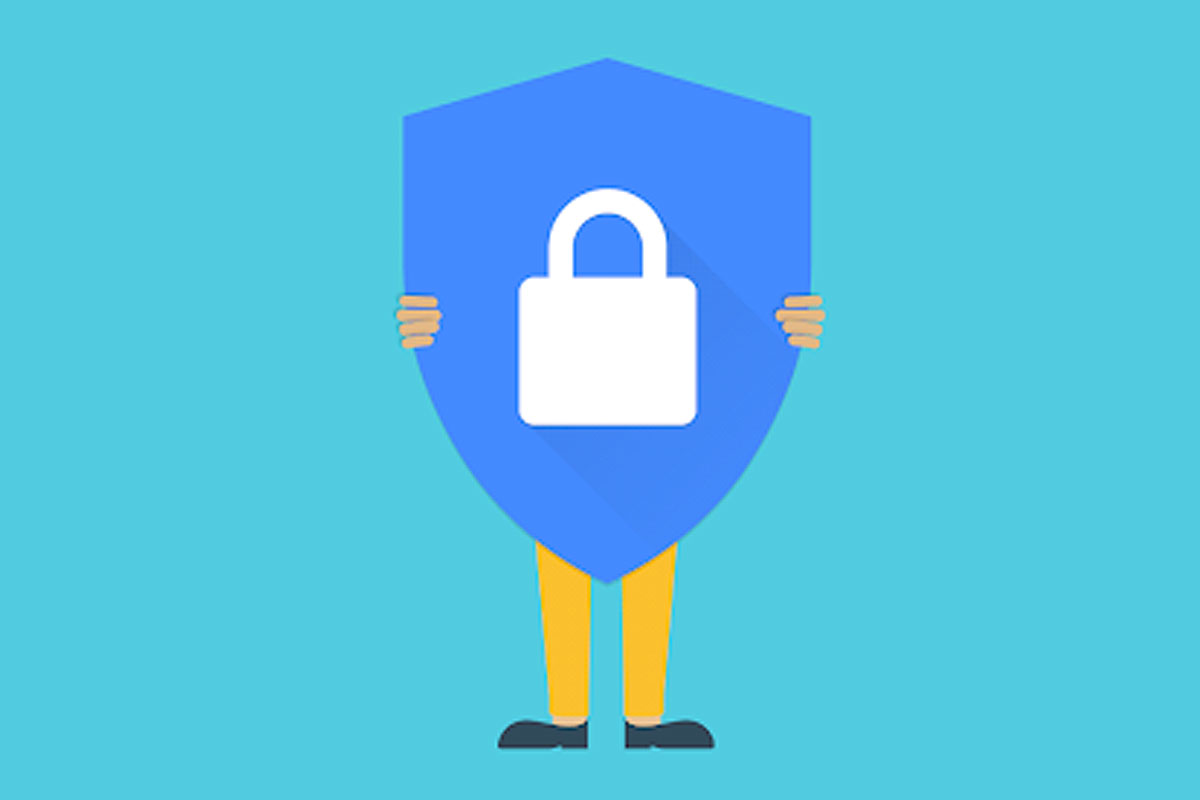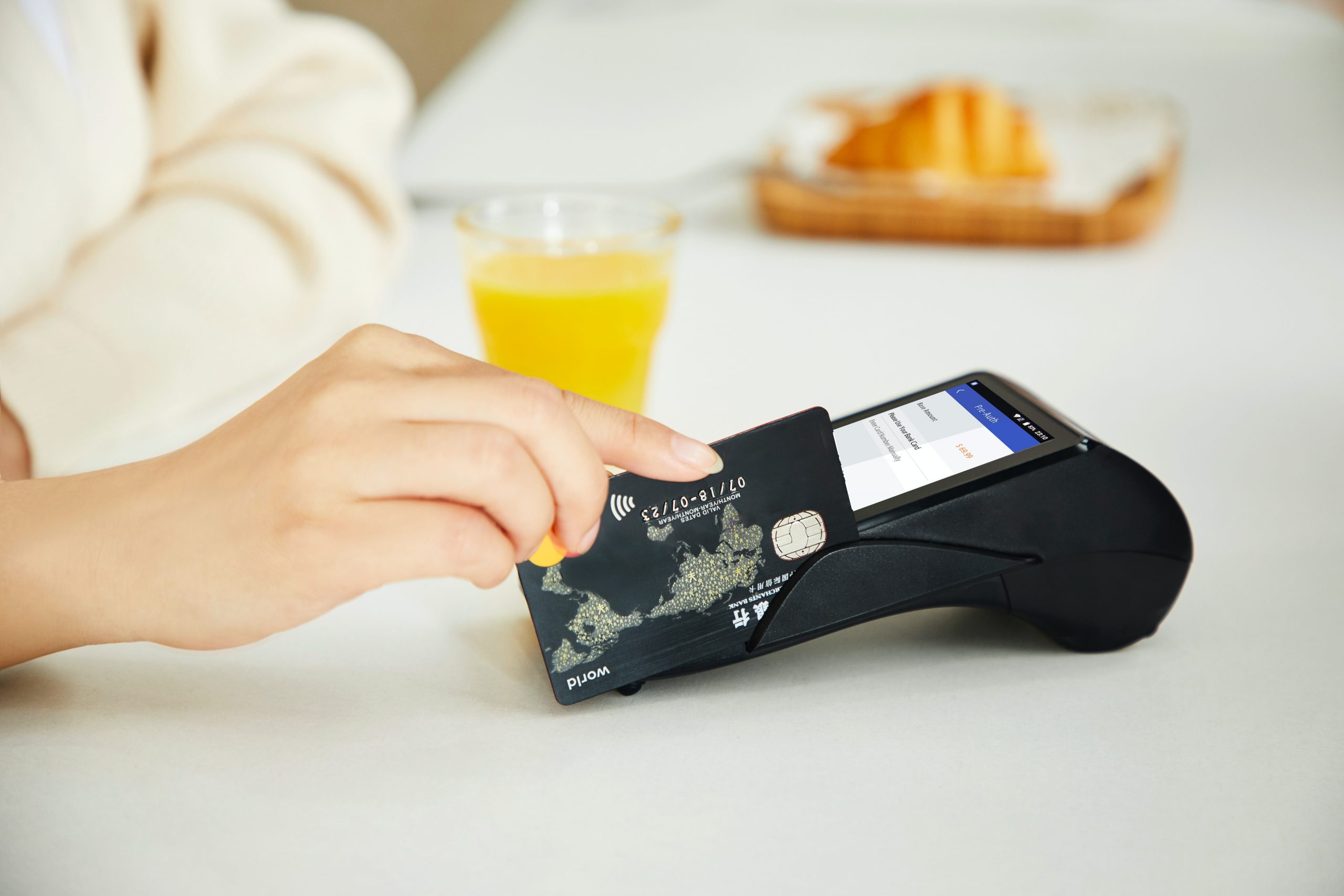The Internet is a great place to make and chat with friends, learn new things, and create things. Unfortunately, the Internet space has also become a breeding site for cybercriminals, predators, scams, and even malware. Criminals are always eager to steal your data and execute other types of crime. You need to be a smart surfer if you are to stay safe while enjoying the benefits of the Internet. Here are simple ways to stay safe online.
Table of Contents
Use strong passwords
Passwords act as gateway keys to your Internet-based accounts. They help you stay safe online. Passwords have great implications as they secure your personal information while you surf the Internet. That is why you need to create strong passwords to avoid any common security breaches. Create strong passwords that are hard to guess. As a rule of thumb, include upper and lowercase letters as well as numbers and characters. Make them longer than eight characters if you can.
Tips:
- Your password should not be obvious such as your birthday date or your name. These can easily be guessed by your family and friends or easily hacked by cybercriminals.
- Remember to change your passwords regularly.
- Use a password manager to help generate and manage many passwords
Block suspicious websites
Some websites are designed to collect your personal information the instant you click on them. These unsafe websites can even be infected with malware or viruses that attack your computer when you visit them. It is especially the case when you do not have strong anti-malware tools. So, block any sites that might be malicious. If you are using Google Chrome to surf, you can use this guide https://setapp.com/how-to/block-websites-on-chrome detailing how to block any website. That said, it is also advisable that you avoid browsing any site you don’t trust. You might want to be a bit cautious before clicking on any suspicious links.
Secure your network connections
Improving your network security is key to ensuring that unauthorized users and hackers do not access your Wi-Fi network and the devices that use it. There are a few steps that you can take to secure your network. These include:
- Renaming routers and networks: your wireless router has a generic username and may also include a generic password. After setting it up, you should change that general information to more personal identity to avoid tipping hackers off with information.
- Ensure your router is updated on a regular basis. This is crucial in patching any vulnerability.
- Use a virtual private network when accessing public Wi-Fi. Avoid public connections when making sensitive transactions. If you must use public connections try to avoid sending sensitive information. You can also use a Virtual Private Network (VPN) tool to help secure your transactions. Now, a VPN tool will help hide your data in public networks.
- Avoid using sites you can’t trust on the web. Look out for sites that have an HTTPS domain rather than an HTTP version. Double-check the site’s domain to ascertain that you are accessing the correct one, especially for sensitive transactions.
Set up a firewall
Configuring a firewall will also help protect against attacks, viruses, worms, and malware. Once properly configured, a firewall will successfully block the IP based on such criteria as too many connections, failed login attempts, port scan, and other malicious activities configured in the firewall. You can go for a hardware firewall or software type. At least, you can rest assured that common malicious attempts to infiltrate your network will be thwarted.
Use an Antivirus
A good Antivirus will also help you stay safe online. It will help protect you against malware and other cybersecurity threats common on the web. You can get real-time alerts and warnings whenever there is suspicion of malice on the sites you access.
It will also help create a firewall to check on your downloads on the computer. You can use the free options like Windows Defender or go for a dedicated option. Ensure you go for a reputable AV in the market. The likes of Norton, Mcafee, Kaspersky, BitDefender
Backup
Don’t forget to back up any critical data as you surf the web. You can use all the strategies to stay safe but anything can happen. You can do a local backup of the data like an external hard drive You can also transfer them to another cloud storage. In case there is a loss, you can make a quick recovery and you are good to go!
Final Remarks
There is no denying that the Internet is a resourceful space. You can learn, have fun or even meet people over the Internet. However, there are malicious elements like cybercriminals who are there to steal data and misuse it. You should learn how to stay safe online and be a smart surfer!





